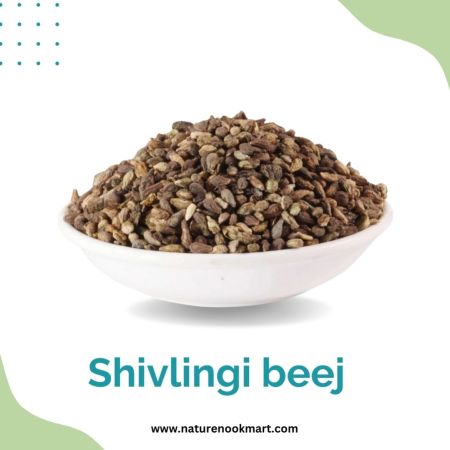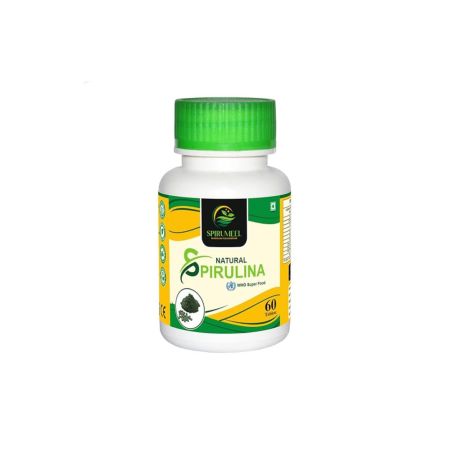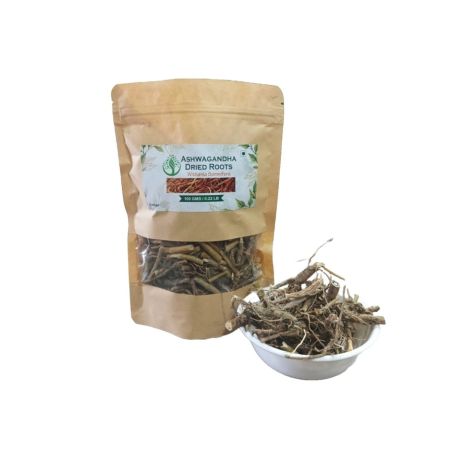|
Gotu Kola (Centella Asiatica):
Gotu Kola, scientifically known as Centella Asiatica, is a perennial herb native to Asia, commonly found in tropical and subtropical regions. It has been revered in traditional medicine, particularly in Ayurvedic, Chinese, and Southeast Asian medicine, for its remarkable healing properties. Often referred to as "the herb of longevity" or "the fountain of life," Gotu Kola is known for its ability to support brain function, enhance skin health, promote wound healing, and reduce anxiety. Its medicinal use spans thousands of years, and it is commonly used in various forms, such as teas, tinctures, powders, and topical applications.
Botanical Characteristics:
Gotu Kola is a low-growing, creeping herb with small, rounded, bright green leaves that resemble the shape of a heart. The plant produces tiny, pale pink or white flowers, which bloom from the center of the leaf clusters. Gotu Kola thrives in wet, marshy environments, preferring well-drained, moist soil, and is often found in swamps, rice fields, or along streambanks in tropical and subtropical climates. The plant typically grows up to 30-40 cm (12-16 inches) in height and spreads out in a mat-like fashion, often forming dense patches.
Health Benefits of Raw Gotu Kola:
Gotu Kola is highly valued for its extensive range of health benefits, particularly in supporting cognitive function, wound healing, skin health, and reducing stress. Key medicinal benefits include:
Promotes Cognitive Function and Memory:
Gotu Kola is often referred to as a "brain herb" due to its ability to improve cognitive function, memory, and mental clarity.
It has been shown to enhance blood circulation in the brain, increase the availability of oxygen and nutrients, and promote the formation of new brain cells.
Gotu Kola is widely used to improve focus, concentration, and memory, and is often recommended for those experiencing cognitive decline or age-related memory issues.
Supports Skin Health and Wound Healing:
Gotu Kola has long been used to promote skin health, accelerate wound healing, and reduce the appearance of scars.
It stimulates collagen production, which is essential for the regeneration of skin tissue and faster healing of wounds, burns, and surgical incisions.
Gotu Kola is often used in topical formulations to treat conditions such as eczema, psoriasis, varicose veins, and stretch marks. Its ability to enhance skin elasticity also helps reduce the appearance of fine lines and wrinkles, making it a popular herb in anti-aging treatments.
Reduces Anxiety and Stress:
Gotu Kola is considered an adaptogen, meaning it helps the body cope with stress and anxiety by regulating the nervous system and promoting emotional balance.
It has mild sedative effects that help calm the mind, reduce tension, and alleviate symptoms of anxiety.
Gotu Kola is often used to manage chronic stress, improve sleep quality, and support emotional well-being.
Improves Circulation and Reduces Swelling:
Gotu Kola has been shown to improve blood circulation, particularly in the veins, by strengthening blood vessel walls and improving the flow of blood.
It is commonly used to treat varicose veins, hemorrhoids, and other circulation-related issues.
Gotu Kola also helps reduce swelling and fluid retention, making it beneficial for conditions like edema (fluid buildup in the body).
Supports Digestive Health:
Gotu Kola has mild anti-inflammatory effects that help soothe the digestive system and reduce symptoms of gastritis, ulcers, and irritable bowel syndrome (IBS).
It also has mild diuretic properties, helping to promote healthy urination and support kidney function.
Gotu Kola can be used as part of a detoxification regimen to cleanse the body and promote digestive health.
Boosts Immune Function:
Gotu Kola contains compounds that have immune-boosting properties, helping the body defend against infections and illnesses.
Its anti-inflammatory and antimicrobial effects contribute to overall immune health, making it useful in preventing common illnesses like colds and infections.
Gotu Kola is also thought to increase the production of white blood cells, which play a crucial role in fighting off infections.
Enhances Blood Vessel and Joint Health:
Gotu Kola is particularly beneficial for strengthening and repairing blood vessels. It is used to treat chronic venous insufficiency, varicose veins, and circulatory problems.
The herb also helps reduce inflammation in the joints, making it useful for conditions like arthritis and joint pain.
Gotu Kola's effects on collagen production and blood circulation also make it valuable in managing joint health and promoting flexibility.
Promotes Detoxification and Liver Health:
Gotu Kola has mild detoxifying effects, helping the liver and kidneys remove toxins from the body.
By supporting liver function, Gotu Kola can enhance the body’s ability to metabolize and eliminate waste products, making it beneficial for overall detoxification and the prevention of liver-related conditions.
Culinary and Medicinal Uses of Raw Gotu Kola:
Gotu Kola Tea: Raw or dried Gotu Kola leaves can be used to make herbal tea. The tea has a mild, earthy taste and is often consumed to promote cognitive health, improve circulation, and reduce anxiety.
Gotu Kola Powder: The dried leaves of Gotu Kola are often ground into a fine powder, which can be mixed into smoothies, capsules, or herbal formulations. The powder is commonly used in Ayurvedic and Chinese medicine to enhance mental clarity and support overall health.
Gotu Kola Extracts and Tinctures: Gotu Kola is available in liquid extract or tincture form, typically used for internal consumption to promote circulation, cognitive health, and wound healing.
Topical Applications: Gotu Kola can be used in skincare products, including creams, ointments, and serums, to support skin healing, reduce scarring, and improve elasticity.
Cultural and Historical Significance:
Gotu Kola has a long history of use in traditional medicine across various cultures, particularly in Ayurveda and Traditional Chinese Medicine (TCM). In Ayurveda, it is considered a “rejuvenating” herb, promoting longevity, mental clarity, and overall vitality. It is also used as a tonic to improve the functioning of the nervous system and treat conditions such as anxiety, depression, and stress. In Chinese medicine, Gotu Kola is used for its ability to improve blood circulation and support kidney and liver health. In Southeast Asia, it has been used for centuries to treat wounds and skin diseases.
Nutritional Composition of Raw Gotu Kola:
Vitamins: Rich in vitamin C, vitamin A, and several B-vitamins, including niacin and riboflavin.
Minerals: Contains calcium, potassium, iron, magnesium, and zinc.
Bioactive Compounds: Contains triterpenoids (asiaticoside, madecassoside), flavonoids, and saponins, which contribute to its medicinal properties.
Calories: Approximately 40-45 calories per 100 grams of raw Gotu Kola leaves.
Environmental Role and Cultivation:
Gotu Kola is native to Southeast Asia, but it is also cultivated in other tropical and subtropical regions around the world. The plant thrives in damp, marshy areas and grows well in moist, fertile soil with partial to full sunlight. It is often cultivated in home gardens or farm fields due to its easy growth and minimal care requirements. In regions with temperate climates, Gotu Kola can be grown indoors or in greenhouses. The plant's creeping nature makes it a good ground cover in wet areas.
|







.jpg)
.jpg)












